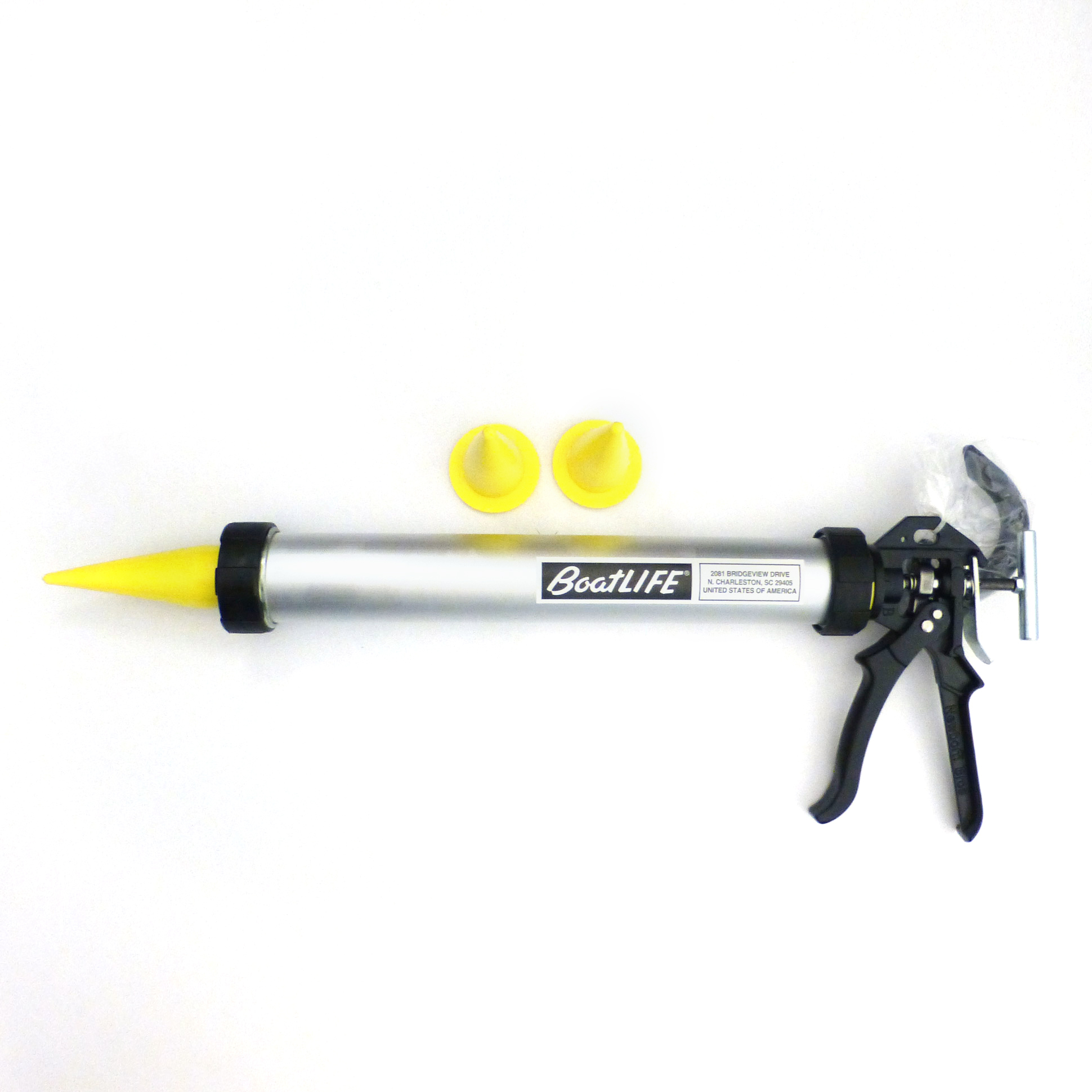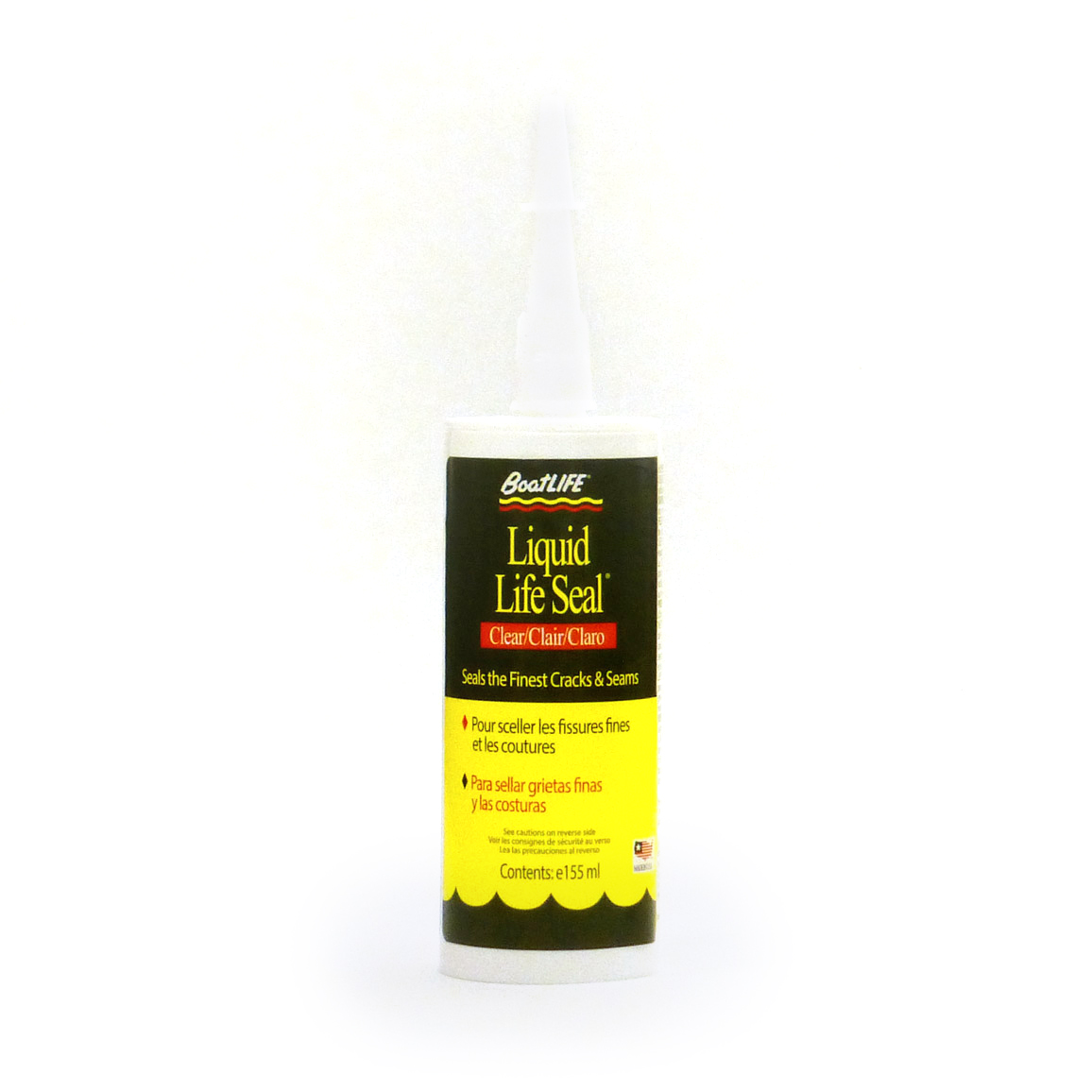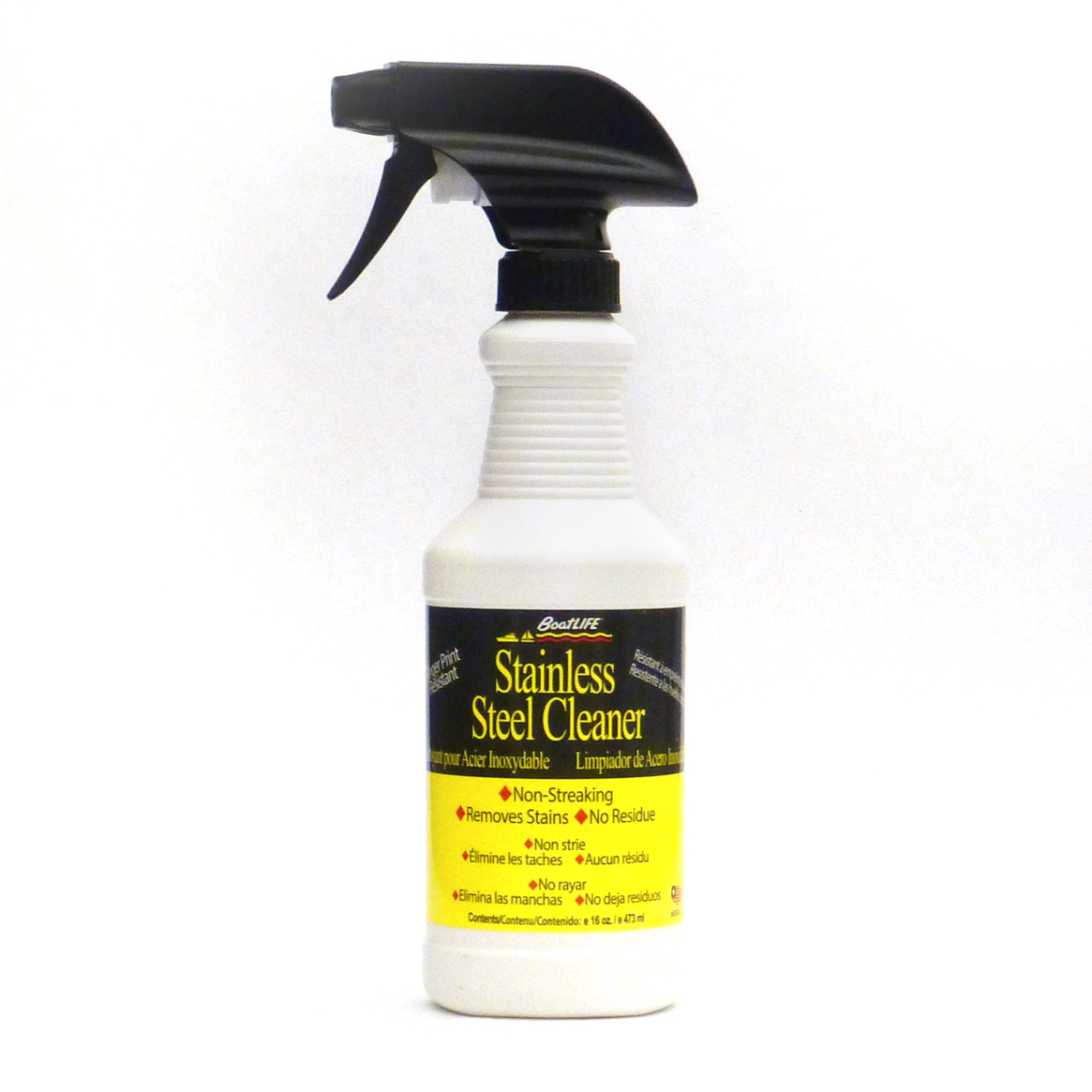According to Boat
U.S.
, the leading causes of boat fires are: AC/DC wiring, overheating
engines, and fuel leaks, with the number one cause being DC wiring faults. This
electrical problem can occur due to chafing wires on objects such as battery
cables, bilge pump wires, and boat instruments. Take these safety precautions
to make sure your vessel doesn’t catch fire:
Inspect Regularly
Check your boat at least twice a year for:
- Chafing wires
- Engine corrosion and rusting
- Water intake line and exhaust manifold
obstructions - Corroded, cracked, or discolored electrical
system wires - Leaks in the fuel lines and fuel tank
- Damaged, rusted, corroded, leaking or clogged
fire extinguisher nozzles
Take the Proper Precautions
There’s a certain level of common sense that goes into fire
prevention. Make sure that you’re taking the proper precautions before handling
any flammable substances.
Boating Magazine
suggests closing all hatches and other openings prior to fueling, running the
blower for four minutes after fueling, and checking bilges for fuel vapors
before starting the engine. If you need to install electrical equipment, don’t
try to install it yourself unless you’re a professional. Consider applying fire
retardant to all your upholstery.
Install Fire Extinguishers
Many companies offer extinguishing systems for your engine room.
These systems are designed to stop fires by emitting Envirogel when the
environment gets too hot. You can get a system that is manual, automatic, or a
combination of the two. If you don’t have an extinguishing system, the
Coast
Guard
requires that all boats have a B-I or B-II classified marine fire
extinguisher aboard. Type B extinguishers are designed for extinguishing flaming
liquids such as fuel and oil. They suggest that the extinguishers be mounted in
an easy to access location. Take the time to learn how to properly use all the
extinguishers aboard your vessel using the P.A.S.S. system (pull pin, aim at
base of fire, squeeze hand, sweep side to side). It’s also a good idea to install
a marine fire alarm.
What to Do in Case of a Fire
Boat
Pennsylvania
offers these steps to take in case of a fire:
- Position the boat so that the fire is downwind
(unless the fire is in the engine area, which in that case, you should shut the
engine off immediately) - Shut off the engine
- Aim the fire extinguisher at the base of the
flames - Never use water on electrical or gas fires
- Summon help
Hopefully, you won’t encounter a fire aboard your vessel,
but if you do, following these steps will ensure that you’re prepared.





